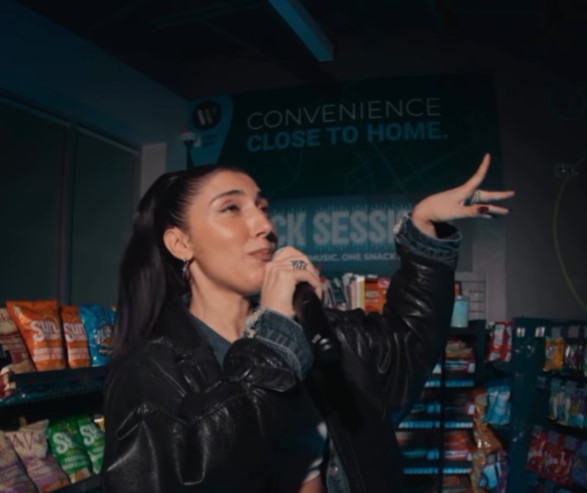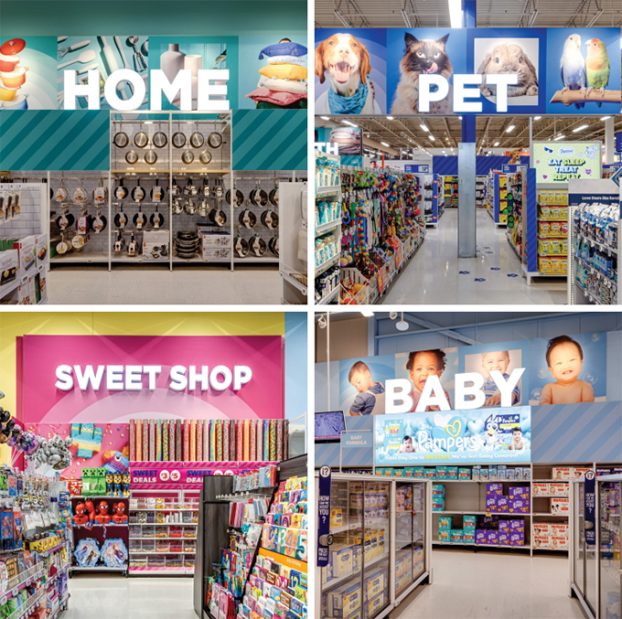This story originally appeared in the October 2019 issue of strategy.
The internet is a marketer’s oyster, where shucking big data is the order of the day. While finding and consuming gargantuan amounts of information can be thrilling, data gluttony is often difficult to digest. Not for FCB/Six though. Proving once again that it can scrape and assign meaning to an unfathomable amount of data, the agency’s “Go Back to Africa” work for U.S.-based Black & Abroad is a feat worthy of a Grand Prix. The campaign also won three Golds, one each for mastering Data/Tech, achieving Game Changer status and its Niche Strategy genius.
The top Strategy Awards winner turned an archaic racial slur into an uplifting call-to-action in a campaign that also has a Grand Prix Cannes Lion to its name. It started with the misperception that Africa is a dangerous and undesirable place to visit. Black & Abroad is “a cultural collective dedicated to redefining world experiences for the modern Black traveler” and set out to address this widespread belief in tandem with the misrepresentation (or lack) of black travelers in commercial images.
For more than 300 years, 12.5 million African people were removed from their homes and shipped to the West where they were forced into slavery, and oppression continues today, with social media users telling those of colour to “Go Back to Africa” every three minutes.
Those racist bullies became the target and their slurs became the message: the team hijacked the phrase as it appeared on Twitter and then used it in headlines for hyper-targeted ads promoting 54 African countries. Those ads drove people to GoBackToAfrica.com – an algorithmically curated content hub that contained 54 galleries, built with the purpose of showing members of the Black community traveling in Africa. FCB/ Six used machines to compile and shortlist several thousand travel-related images from millions that appear online every day. The final images were not selected by AI though, the human team had to follow ethical principles around “shadeism” – a type of racism that implies some shades of black are better than others (however, the AI program learned from those decisions for its own subsequent recos).
The living, breathing, data-driven platform powered interest-based programmatic ads to members of the Black community online. And the strategy created a powerful and positive narrative, which trickled down Content flows from data stream to the Black & Abroad brand, creating a 315% increase in awareness.
Sometimes you have to go to war to succeed in the battle for meaningful data. And by that, we mean set up a war room where a team can source, study and respond to data insights in only 24 hours.

Sport Chek and Touché! found an interesting phenomenon that tends to happen during the seven days leading up to the biggest shopping day of the year, Black Friday. It’s called “online window shopping,” where people will abandon their digital shopping carts filled with items while they search for similar goods on competitor sites. So when the clock strikes midnight, they’re prepared for the best deal and purchase whichever cart has the best savings.
To avoid losing business to big spenders like Amazon, Sport Chek took a very tactical approach: its analytics team spent 24 hours watching data trends, determining the top 1,000 products that were being dropped into online carts. And in a very short window (a few hours), they developed dynamic creative that promoted savings on those specific items. The ads appeared across the web from YouTube to Google to Instagram.
The data trail left by the online window-shopping trend drove a search campaign that resulted in Sport Chek being the most searched retailer on Black Friday, with banners appearing in more than 141 million queries. All in all, the campaign increased sales by 54%, and with the same budget as the previous year. For those impresssive results, it earned a Gold in ROI and a Silver in Data/Tech.
But Sport Chek wasn’t the only organization that used data to change online behaviour.
During Quebec’s last election campaign, Radio-Canada wanted to become the leading destination for credible and verified media coverage. In Canada, consumers trust Google and Facebook as their primary sources of information when a political question arises. Unfortunately, fake news leaves citizens ill-equipped to make educated decisions at the ballot box. So the pubcaster decided to communicate verified, unbiased journalism to several different audiences, based on their interests.
Radio-Canada, alongside PHD Media, was able to optimize the creative according to what was happening in the news.
A constant communication flow with Radio-Canada’s newsroom allowed it to react to what politicians were saying in a matter of minutes. Interests were monitored using search analytics and they were identified at the regional level. More than 100 different topics were covered in only 39 days. Consumers were driven to RadioCanada’s fact-checking website, a mobile app and video content to find verified answers to topical questions posed each day.
The campaign, which picked up a Bronze in Content Strategy, tracked more than 15 million impressions for the 150 ads that were delivered in a province with fewer than six million voters. And on election day, RadioCanada’s website and app saw more than 1.8 million visits and reinforced its role as a source for real news.

























